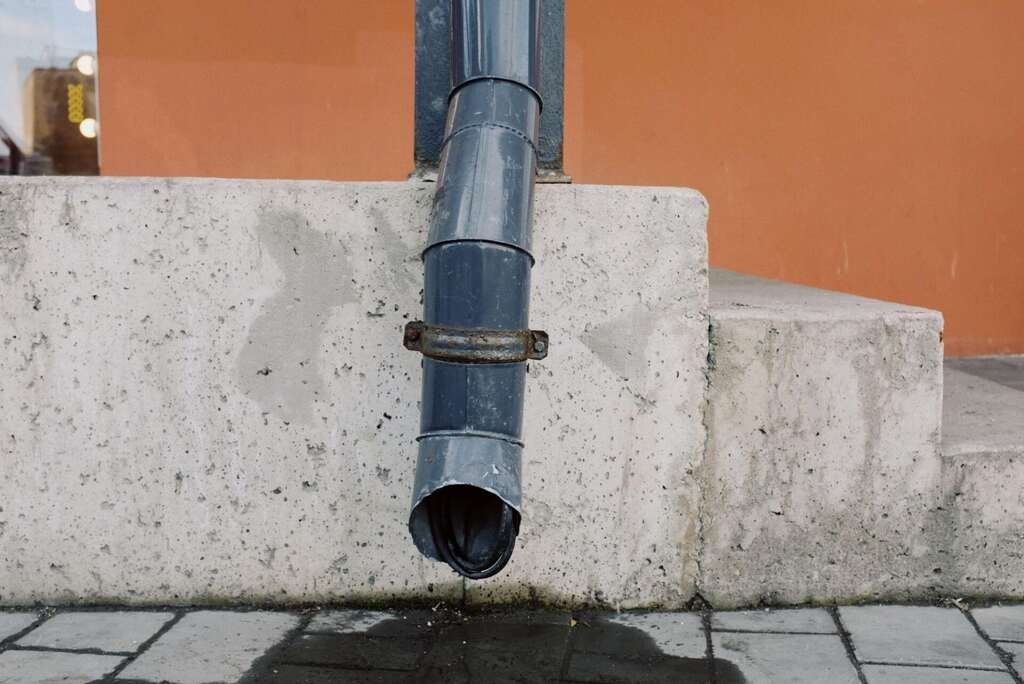If you think you have a drinking problem, it is important to seek professional help. There are many resources available to help you overcome your drinking problem. Alcoholics Anonymous is one such resource. There are also many counselors and therapists who specialize in helping people overcome alcoholism. It will be difficult to find the right therapist for you, but for sure easier than real money online.
1. Acknowledge that you have a problem with alcohol.
The first step to addressing any problem is admitting that you have one. If you think you may have a problem with alcohol, the best thing to do is talk to a doctor or professional who can help you assess your drinking habits and make recommendations for the next steps. There are also many online resources and support groups available to help you if you think you might have a drinking problem.
Also Check: 6 Tips For Maintaining A Healthy Lifestyle
2. Make the decision to quit drinking.
Some people may feel that they have reached a point where they are ready to quit drinking, while others may need more time to make the decision. There are a few things that you can do to help you make the decision to quit drinking: Talk to your doctor or another healthcare professional about your drinking habits.
They can help you to understand the risks associated with drinking and can provide you with information and resources to help you make the decision to quit. Think about the negative consequences of drinking, both short-term and long-term. These may include health problems, financial problems, relationship problems, and work problems.
Talk to a friend or family member who has successfully quit drinking. They can offer support and advice on how to make the decision to quit and how to stick to it.
Make a list of the reasons why you want to quit drinking. This can be a helpful way to remind yourself of your goals and to stay motivated throughout the process.
3. Get rid of all the alcohol in your home.
To get rid of all the alcohol in your home, you will need to dispose of it properly. You can do this by pouring it down the drain or into the toilet. You can also take it to a local recycling center. Or, you can give all the remaining alcohol to your close friends and family members.
4. Make a plan to avoid situations where you are likely to drink.
It is vital to identify your triggers: What situations, people, places, or things make you want to drink? Once you know your triggers, you can make a plan to avoid them. By making a list of things to do instead of drinking: When you’re faced with a trigger, what can you do instead of drinking?
This could include things like going for a walk, calling a friend, or watching a movie. Finding a support system: Let your friends and family know that you’re trying to avoid drinking, and ask for their support. Having people to lean on can make it easier to stay on track.
5. Find a support group or counselor to help you through the process.
Attend a meeting with Alcoholics Anonymous or another support group for people who are trying to quit drinking. This can be a great way to learn more about the process of quitting and to get support from others who are going through the same thing.
Also Read: Ways of ensuring wellness: 5 tips for veterans
6. Stick to your plan and don’t give up.
It is very important to have a plan and to stick to that plan. There will be times when it is difficult to stick to the plan, but it is important to not give up. There are a few things that you can do to help you stick to your plan.
Firstly, write down your plan. Having a written plan will help you to stay on track. Secondly, set realistic and achievable goals. When you have specific goals, it will be easier to stay focused on your plan. Thirdly, find a support group.
There are many groups available that can offer support and encouragement. It is crucial to get a coach. A coach can help you stay on track and accountable. Lastly, take it one day at a time. Don’t get overwhelmed by thinking about the entire plan. Just focus on today and what you need to do to stay on track.







![How To Make Your Home A Positive Place? [Helpful Tips]](https://thecheeryhome.com/wp-content/uploads/2023/03/Positive-Place.jpeg)

